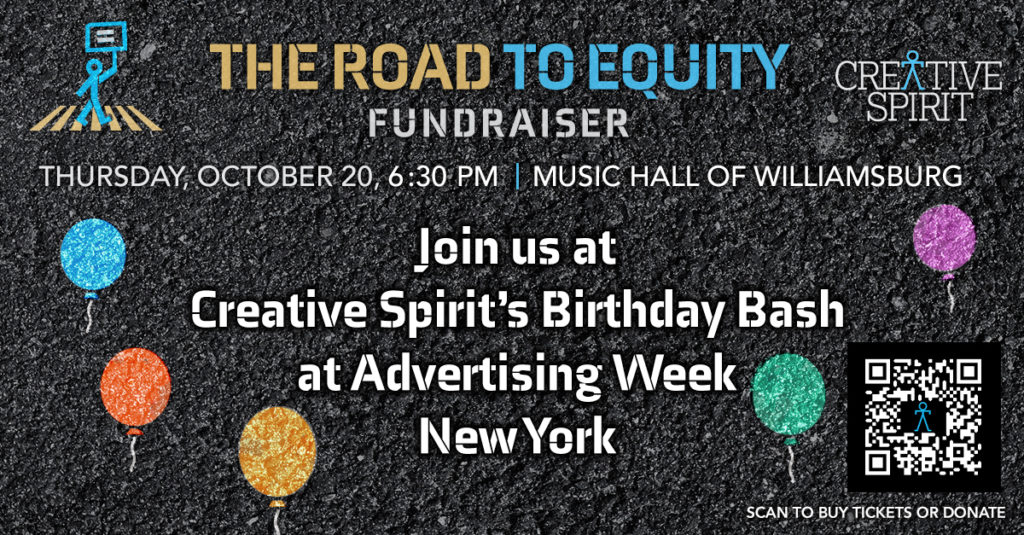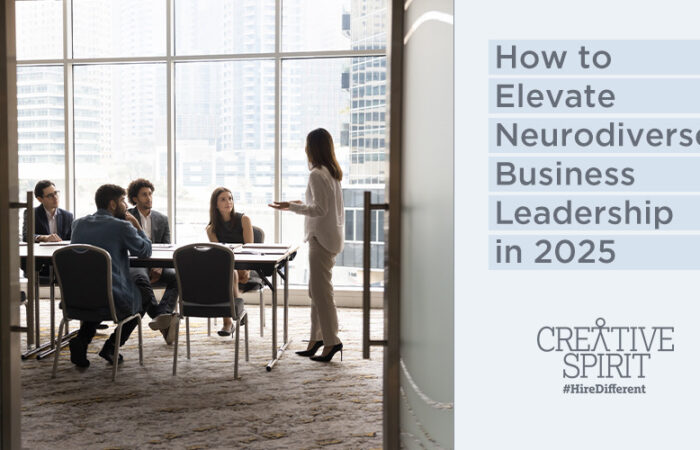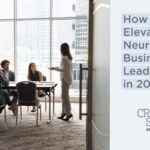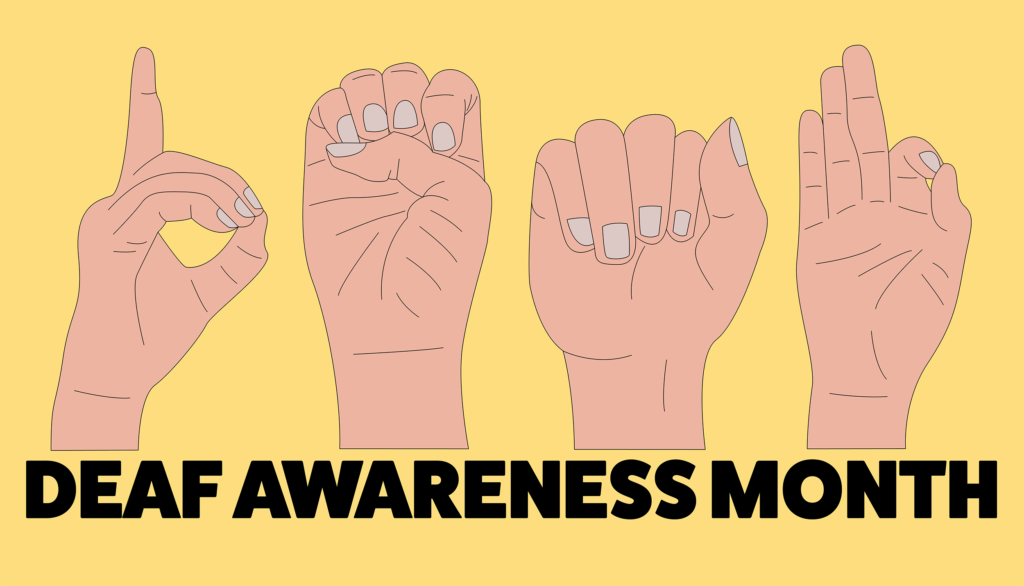
By Menachem Raphun, Communications Manager, Creative Spirit
According to the United States Census Bureau, roughly 11.5 million Americans (3.5% of the national population) live with some type of hearing impairment. The National Deaf Center places the number of Americans with hearing loss much higher at 28 million, with 1 million who are deaf and use American Sign Language (ASL). Out of that number, 3.4% are unemployed, compared with 3.8% of the non-deaf population, according to the National Deaf Center, which describes this gap as “statistically small, but significant”. One explanation for this discrepancy is that hearing-impaired jobseekers and employees are often faced with ableism, discrimination, and an unwillingness on the part of employers to provide reasonable accommodations that could resolve challenges with communication. September’s Deaf Awareness Month (an extension of International Week of the Deaf) is an opportunity to resolve this problem by promoting social and employment inclusion for hearing-impaired people and expanding awareness of organizations supporting the deaf community. Most importantly, Deaf Awareness Month is about what we can do collectively and individually to make a difference and overcome barriers to employment. In this article, we’ll share insights from self-advocates that can help hearing-challenged employees and jobseekers, as well as hiring managers and business leaders seeking to become more accommodating, diverse, and inclusive.
One self-advocate we spoke with was Chris Jarrin, Creative Spirit’s Designer and Creative Director. Chris shared his perspective on the current state of employment inclusion and how technology has positively impacted him as a person with a hearing disability.
“I have not seen much change at work on inclusivity, but with the improvements of technology, I am more comfortable within the work environment,” Chris wrote. “With the pandemic causing remote work, the written word is dominant in emails and communications, and reading makes me less dependent on my hearing, and that’s less stressful. Companies could ensure more accessibility for the hearing impaired by having closed captions on Zoom calls and in-person meeting follow-up notes.” A similar sentiment was expressed by Meryl Evans, an author and accessibility/digital marketing consultant who also happens to be deaf. In a TEDx talk this month, Evans explained how the COVID-19 pandemic has led to automatic captioning becoming a standard feature of virtual meeting calls, which has been a game-changer for her in terms of inclusion, communication, and self-confidence. “Suddenly, I could join video conversations and feel included,” Evans said. “I no longer had to search the room to find who was speaking.” Improvements such as automatic captioning might seem incremental or fundamental. Yet, they are still extremely valuable, demonstrating to employers that even implementing relatively small changes can drastically enhance the inclusion of people with disabilities in the workplace without requiring a major or costly overhaul. Another crucial fact is that disability can be a strength rather than a drawback, as Chris noted. Developing an appreciation for this fact among employers is crucial to changing the status quo.
“I was fortunate as a six-year-old to have my Mother be my advocate, get my hearing aids and enroll me in lip-reading classes,” Chris wrote. “This gave me the confidence to follow my passion for visual arts; fortunately, a career that does not depend on hearing. My hearing loss challenges enable me to connect with people’s strengths beyond their disabilities. A positive aspect of my hearing loss is the ability to turn off sound and distractions to focus on my design project.”
Many hearing-challenged people are capable and talented and can contribute just as much as their peers. Unfortunately, the problem of unemployment for the deaf community has not received nearly the attention it deserves, and without awareness, change is much harder to achieve. Dana Manciagli, President of Job Search Master Class, writes, “The topic of deaf people in the workplace is a topic most people do not consider in their day-to-day work lives, perhaps because many of us have never worked with a deaf person before. Data from the National Deaf Center show[s] that in 2014 only 48% of deaf people were employed, versus 72% of hearing people.” As Manciagli explains, one unique complication in the interview process for many deaf candidates is the need for an interpreter. This issue is compounded by the fact that many hiring managers are not understanding or accommodating, feeling that hiring an interpreter is an expense they’re unwilling to take on. Deaf employees might also experience loneliness and isolation due to challenges communicating with co-workers. Manciagli points out that non-deaf individuals can make a difference in several ways, including by making eye contact when speaking with deaf co-workers. “Eye contact is essential because many deaf people use lip-reading to assist in their communications with others,” she explains. “The key is to speak normally and be patient. Anticipate the fact that you may need to repeat yourself while talking.”
For non-deaf employees, Epicassist.org recommends providing context at the start of conversations so that they and their hearing-challenged co-workers are on the same page. “If your colleague shows signs of not understanding you, repeat or rephrase what you’ve said and make sure you’re being clear,” the site suggests. “When in doubt, ask your colleague how you can improve your communication.” According to Payscale.com, “Having someone tell them “never mind,” or “I’ll tell you later,” is the number one complaint of most deaf workers…deaf people themselves can help by being both assertive—asking to be included if they feel they’re being left out—and grateful when they’re included.”
Regarding employers, Manciagli emphasizes the importance of being non-judgmental and not attributing all mistakes to an employee being hearing-challenged.
“Bosses need to remember to listen to their side of the story, just like any other worker,” Manciagli writes. “Deaf workers want to be heard and work toward fixing their mistakes if they are told about them. Just as with all workers, clear communication is the key to having successful working relationships with individuals who are deaf. Keep an eye out for your deaf workers and hire interpreters for your one-on-one meetings to ensure you both understand each other.” It’s also important for deaf employees to know that their rights are protected by the Americans With Disabilities Act (ADA) and the Equal Employment Opportunity Commission (EEOC), which protects employees against discrimination based on race, sex, disability, religion, age, or national origin.
As important as the protections of the ADA are, there is still significant progress to be made in protecting people who are hearing-challenged and those with other disabilities against discrimination.
“The ADA is a great start, but it’s been 30 years since this legislation,” Chris [Jarrin] wrote. “There have been many technological advancements that should be offered for the hearing-impaired at work. We can now add a closed caption to screens, pair Bluetooth capabilities to hearing aids, and translate speech into text. I believe new legislation for people with disabilities is far overdue. Legislation should evolve with technology.”
Accessibility, inclusion, and self-confidence for employees who are deaf or hearing-impaired are all interconnected. With improved accessibility through closed captions, interpreters, and other accommodations, deaf employees will feel more accepted and included, making disclosure more comfortable at work.
“Over the years, I felt like it was better not to disclose my disability at work,” Chris Jarrin wrote to Creative Spirit. “I thought it would be a disadvantage. I wanted to prove myself through my work. I have recently started to disclose as early as possible my hearing loss. I have found my coworkers making an effort to face me when speaking so I can read their lips, and have no problem sending an email after a conversation to ensure accuracy. I encourage young people going into the workplace to disclose; it’s amazing how accommodating people can be.”
For Deaf Awareness Month, Creative Spirit calls on all employers to build greater accessibility and inclusion within your organization, appreciating and valuing hearing-challenged employees and the vast amount of talent and creativity they can bring. With technology advancing rapidly, new opportunities for accessibility are well within reach. Creative Spirit is ready to help you succeed and advance your career if you are a hearing-challenged employee or job seeker. Below, we’ve also compiled a list of helpful resources for employers and employees. On Deaf Awareness Month and every month, let’s do everything possible to make employment fair and equitable.
Resources:
1. https://blog.ai-media.tv/blog/top-5-tips-for-deaf-and-hard-of-hearing-job-seekers
2. https://starkloff.org/articles/top-10-tips-for-working-with-people-who-are-deaf-or-hard-of-hearing-during-covid-19-pandemic/
3. https://www.signsolutions.uk.com/top-tips-for-communicating-with-deaf-employees/
4. https://blog.ai-media.tv/blog/5-things-hr-staff-can-do-to-support-deaf-employees
5. https://www.deafjobwizard.com/post/five-simple-ways-to-include-deaf-employees-in-all-hearing-work-environment
6. https://www.deafjobwizard.com/post/tips-on-how-deaf-job-seekers-can-select-the-best-work-references
Upcoming Events
